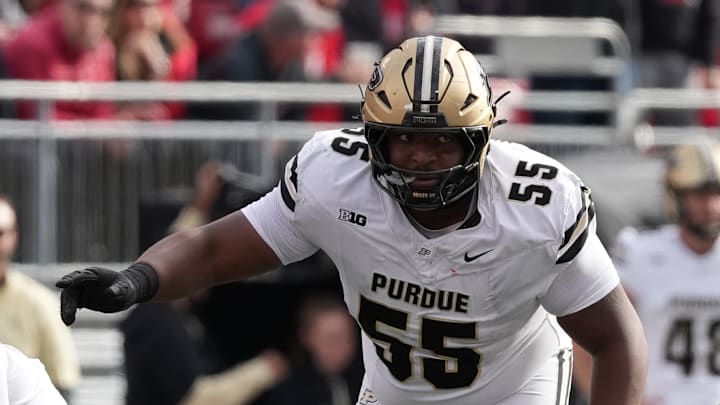The way in which the rules and punishments are enforced by the NCAA continues to frustrate. One aspect is increasingly clear, however: anytime USC is involved, the collegiate institution will always pick against whatever the best interests for the Trojans would be.
This proved to once again be the case, as DJ Wingfield has essentially had the possibility of him being able to play for USC in 2025 shut down.
As reported by the LA Times' Ryan Kartje after the latest hearing, the U.S. District Court judge ruled against Wingfield. The only avenue left would be to appeal, but the timeliness of that is not one that will allow him to play this year in all likelihood even if proven successful.
It was believed that Wingfield had another year of eligibility by the nature of the same decision that ultimately saw Diego Pavia able to join Vanderbilt. His time at New Mexico Military Institute did not count against Pavia's years of eligibility.
The sticking point for Wingfield, unfortunately for him, is the fact that he is beyond the five-year window that is provided by the NCAA, at least officially on paper.
When, however, looking at how players will often be granted a waiver and use the COVID year or redshirt to extend their collegiate window, it is incredibly difficult to find an actual reason as to why Wingfield will not be able to play for the Trojans this year.
The offensive lineman spent two years at El Camino Junior College; he then transferred to New Mexico. His first year with the Lobos, though, saw him sidelined for the season after only a couple of snaps. Then, after playing a full year with New Mexico, he transferred to Purdue, where he was able to play a full season in the Big Ten.
Inconsistent reasoning working against USC lineman
If using the same logic as was in the case of Pavia's situation, Wingfield does have one more year of eligibility remaining that he is entitled to play out. Two of his seasons were not at the NCAA level or under its jurisdiction, and he then missed a full year due to injury.
As is often the case, however, the NCAA continues to operate with blatant bias against USC. This time it comes at the expense of someone who believed he was in full compliance and is simply looking to round out his college career as everyone else tends to be allowed to.
